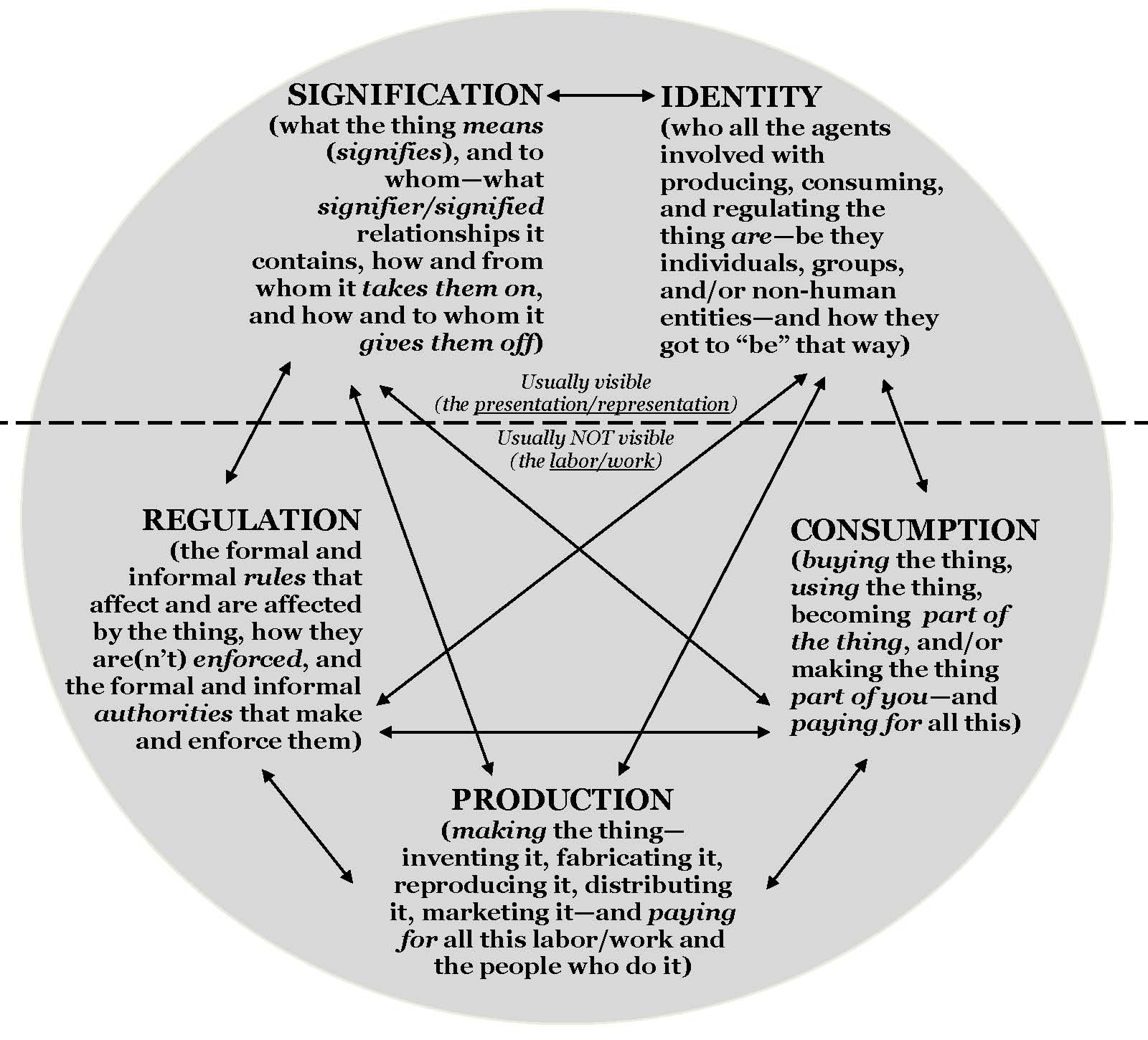Friday, 30 August 2013
Monday, 26 August 2013
Paintings: Oil on Canvas
66x55cm "Sky as the Abyss"
150x120cm "How to get A-Head in..."
80x80cm "Really?"
100x80cm "Birth"
80x100cm "Keep Your Head Above the Water"
Detail: "Keep Your Head Above the Water"
90x120cm "Faith Abandoned"
Detail: "Faith Abandoned"
Sunday, 25 August 2013
From 'Mechanisms of Escape' by Erich Fromm
In this chapter I intentionally refer to individual psychology and to observations that have been made in the minute studies of individuals by the psychoanalytic procedure. Although psychoanalysis does not live up to the ideal which for many years was the ideal of academic psychology, that is, the approximation of the experimental methods of the natural sciences, it is nevertheless a thoroughly empirical method, based on the painstaking observation of an individual's uncensored thoughts, dreams, and phantasies. Only a psychology which utilizes the concept of unconscious forces can penetrate the confusing rationalizations we are confronted with in analysing either an individual or a culture. A great number of apparently insoluble problems disappear at once if we decide to give up the notion that the motives by which people believe themselves to be motivated are necessarily the ones which actually drive them to act, feel, and think as they do. Many a reader will raise the question whether findings won by the observation of individuals can be applied to the psychological understanding of groups. Our answer to this question is an emphatic affirmation. Any group consists of individuals and nothing but individuals, and psychological mechanisms which we find operating in a group can therefore only be mechanisms that operate in individuals. In studying individual psychology as a basis for the understanding of social psychology, we do something which might be compared with studying an object under the microscope. This enables us to discover the very details of psychological mechanisms which we find operating on a large scale in the social process. If our analysis of socio-psychological phenomena is not based on the detailed study of individual behaviour, it lacks empirical character and, therefore, validity. But even admitted that the study of individual behaviour has such significance, one might question whether the study of individuals who are commonly labelled as neurotics can be of any use in considering the problems of social psychology. Again, we believe that this question must be answered in the affirmative. The phenomena which wre observe in the neurotic person are in principle not different from those we find in the normal. They are only more accentuated, clear-cut, and frequently more accessible to the awareness of the neurotic person than they are in the normal who is not aware of any problem which warrants study. In order to make this clearer, a brief discussion of the terms neurotic and normal, or healthy, seems to be useful. The term normal or healthy can be defined in two ways. Firstly, from the standpoint of a functioning society, one can call a person normal or healthy if he is able to fulfil the social role he is to take in that given society. More concretely, this means that he is able to work in the fashion which is required in that particular society, and furthermore that he is able to participate in the reproduction of society, that is, that he can raise a family. Secondly, from the standpoint of the individual, we look upon health or normalcy as the optimum of growth and happiness of the individual. If the structure of a given society were such that it offered the optimum possibility for individual happiness, both viewpoints would coincide. However, this is not the case in most societies we know including our own. Although they differ in the degree to which they promote the aims of individual growth, there is a discrepancy between the aims of the smooth functioning of society and of the full development of the individual. This fact makes it imperative to differentiate sharply between the two concepts of health. The one is governed by social necessities, the other by values and norms concerning the aim of individual existence. Unfortunately, this differentiation is often neglected. Most psychiatrists take the structure of their own society so much for granted that to them the person who is not well adapted assumes the stigma of being less valuable. On the other hand, the well-adapted person is supposed to be the more valuable person in terms of a scale of human values. If we differentiate the two concepts of normal and neurotic, we come to the following conclusion: the person who is normal in terms of being well adapted is often less healthy than the neurotic person in terms of human values. Often he is well adapted only at the expense of having given up his self in order to become more or less the person he believes he is expected to be. All genuine individuality and spontaneity may have been lost. On the other hand, the neurotic person can be characterized as somebody who was not ready to surrender completely in the battle for his self. To be sure, his attempt to save his individual self was not successful, and instead of expressing his self productively he sought salvation through neurotic symptoms and by withdrawing into a phantasy life. Nevertheless, from the standpoint of human values, he is less crippled than the kind of normal person who has lost his individuality altogether. Needless to say there are persons who are not neurotic and yet have not drowned their individuality in the process of adaptation. But the stigma attached to the neurotic person seems to us to be unfounded and justified only if we think of neurotic in terms of social efficiency. As for a whole society, the term neurotic cannot be applied in this latter sense, since a society could not exist if its members did not function socially. From a standpoint of human values, however, a society could be called neurotic in the sense that its members are crippled in the growth of their personality. Since the term neurotic is so often used to denote lack of social functioning, we would prefer not to speak of a society in terms of its being neurotic, but rather in terms of its being adverse to human happiness and self-realization.
Saturday, 24 August 2013
Friday, 23 August 2013
Turkish Hamam Catharsis
After a more gradual industrialisation of Western Europe, the Middle East was industrialised almost a hundred years later, but with such a sudden that its effects hit Turkey with a much stronger impact. The need for new sources of income and thus for safety resulted in the emigration to the cities and even to far foreign lands ('gurbet'). The socio-cultural changes manifested themselves in the new emerging music scene of the 1960s and 70s: with oriental instruments such as the saz, davuls, or zurnas with a shamanistic tinge, 'arabesque' music originally grappled with social issues of work, exploitation, de-familiarisation, and alienation. This weltschmerz and the strong pathos of the music were a means to purify the soul in an Aristotelian sense, namely through catharsis.'Anatolian rock', on the other hand, focussed much more on a western and psychedelic interpretation of traditional folk songs. With regard to their lyrics, however, a distinct and important characteristic of both genres is their approach to, and metaphorical reading of nature. Deceptive ways ('yollar'), rich rivers, or exalted mountains ('daglar') can be read as individual, as well as political burdens or blessings. At times they might stand between the struggling individual and his longing for the loved ones, but at other times they might even connect them through natural or cultural topographies. Especially the mountains can be read as romanticised hubs and hiding places for rebels and freedom fighters, but also as political obstacles that had to be overcome. Therefore, the sociological status quo did not only have an effect on the music, but with its political content and criticism the music has also influenced the self-awareness of the working classes in return as they started to unify and demand for more rights. This has led to a governmental boycott and censoring of the music and even to the imprisonment of numerous musicians, who fled the country after their discharge. Later in the eighties, however, the same government supported the media in commercialising the music it had once banned as anti-constitutional. But these songs were not more than mass produced, cheesy and shallow fabrications that exploited emotions of pain, suffering, and the fear of loss.
http://mar-abunta.blogspot.de/
Subscribe to:
Posts (Atom)
"Pretty Day" by Marie Möör
Chanson: Marie Möör - Pretty Day (1982) Film: Ballet Mécanique (1924) de Fernand Léger

-
Nietzsche vs. Schopenhauer Schopenhauer's concept of cosmic pain (Weltschmerz) and his philosophy of compassion (Mitleid), explore...
-
Chanson: Marie Möör - Pretty Day (1982) Film: Ballet Mécanique (1924) de Fernand Léger













